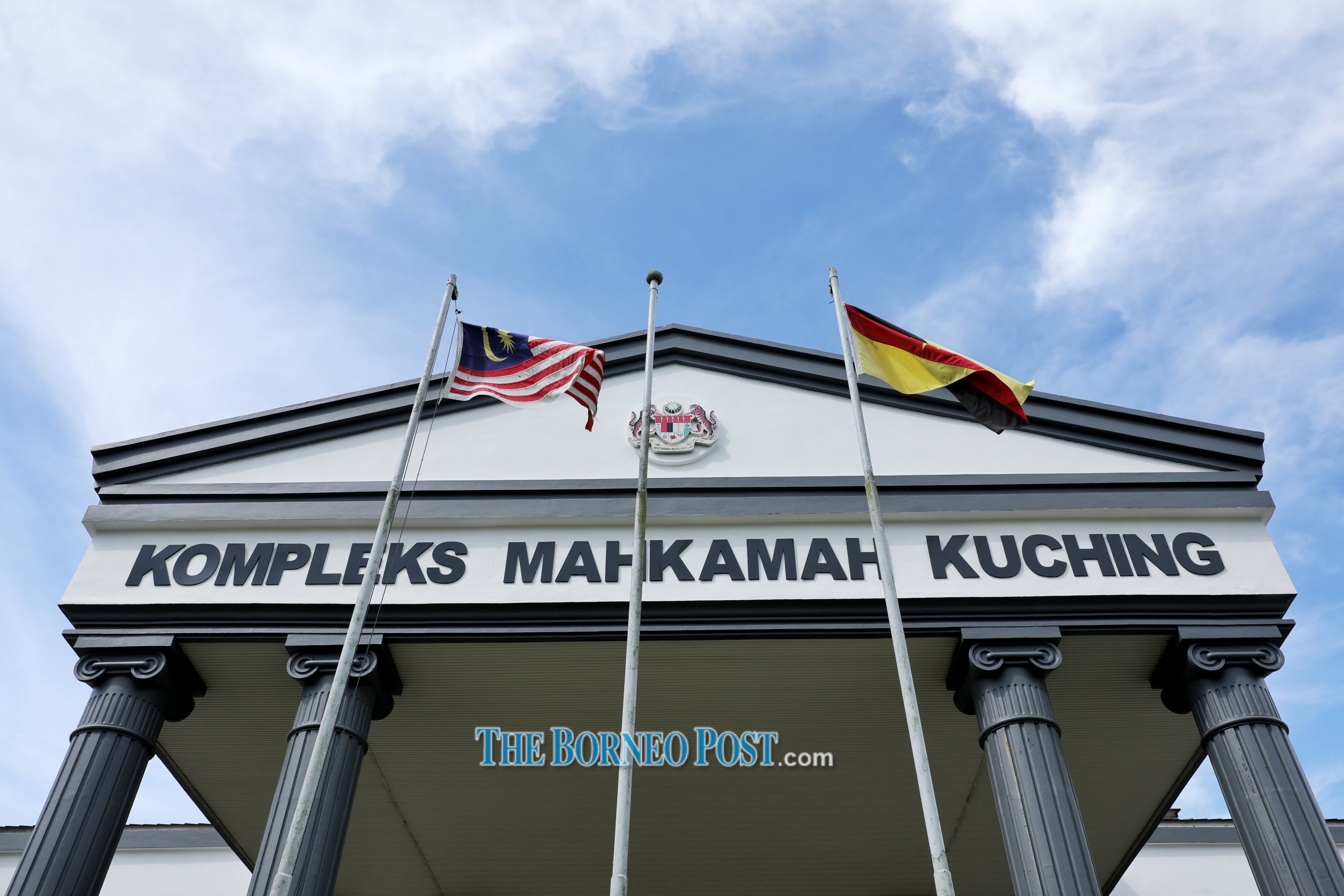ADVERTISE HERE

Senator Robert Lau
SIBU (Sept 17): The suggestion by an advocacy group, Projek Sama, for Sabah and Sarawak to have veto powers in Dewan Negara through the provision of one-third of membership in the upper House of Parliament, which the group claims as ‘fulfilling the promises of Malaysia Agreement 1963’ (MA63), is ‘a misconceived one’.
In pointing out his stand over this matter, Senator Robert Lau said ‘everyone knows that the real power lies in the Dewan Rakyat, and not the Senate (Dewan Negara)’.
“The press statement (issued by Projek Sama) gives a misleading picture. It states that the Senate has veto power, which is not true.
“The Senate’s power is only limited to delaying a Bill from becoming law,” he said in a statement.
Lau was responding to an online news article about the advocacy group proposing for 15 additional seats in Dewan Negara to be given each to Sabah and Sarawak, towards ensuring the one-third veto power to block any unilateral constitutional amendments put forth by members of Parliament from Peninsular Malaysia.
The news quoted Projek Sama as saying that Sabah and Sarawak currently had only 4.29 per cent representation in the Senate.
It added that the proposal, dubbed ‘Dewan Negara 35/100’, would provide East Malaysia 35 per cent of Senate seats, and ensure that Sabah and Sarawak would have a stronger voice in the legislative process.
In this matter, Lau explained that there were several provisions in the Federal Constitution limiting the power of the Senate.
“Article 68 allows for a Monetary Bill passed by Dewan Rakyat to be presented directly to the King for royal assent, should Dewan Negara fail to pass it within a month.
“As for Non-Monetary Bills, the Senate can only delay the Bill passed by Dewan Rakyat by a year. It (Senate) has no veto power.
“It also wrongly stated that currently there are only 4.29 per cent representation from Sarawak and Sabah in Dewan Negara. This only takes into account the senators elected by each State Legislative Assembly (two from each state).
“It (proposal) fails to consider the remaining 40 senators appointed by the King. Currently, there are just nine senators from Sarawak (two elected by Sarawak Assembly, and seven appointed by the King) and five from Sabah. The maximum number of senators is 70.”
Most of the time, there would be just a few vacancies, said Lau.
“It (Projek Sama) has also interestingly grouped Labuan as part of the Sabah-Sarawak block.
“Since when has Labuan reverted to Sabah ownership and ceased to become a Federal Territory?” he questioned.
Nonetheless, Lau acknowledged that the promises made to the people of Sarawak and Sabah in order to get their support for the formation of Malaysia in 1963, must all be honoured.
“One of the key promises is the one-third of seats in Parliament to be allocated to non-Malayan members so as to prevent Malayan members of Parliament from amending the constitution unilaterally.
“However, the reference to MPs at that time pointed at members of Parliament in the Dewan Rakyat, not Dewan Negara,” said Lau.
Projek Sama also claimed on its website to have strong research support, observed Lau.
“Yet, its press statement is littered with inaccuracies that one cannot help but feels that it is trying to pull the wool over the eyes of the people of Sarawak and Sabah.
“It surely knows that real power lies in the Dewan Rakyat, and not Dewan Negara.
“The government is formed by a party or a coalition of parties that holds the majority in the Dewan Rakyat, not Dewan Negara.
“The Prime Minister and his Cabinet members are made up of Dewan Rakyat members, except a few occasionally appointed from Dewan Negara at the discretion of the Prime Minister.”
Lau said while Sarawak and Sabah might not mind having the one-third representation in Dewan Negara, the people of these East Malaysian states should ask for one-third representations in both Dewan Rakyat and the Senate.
“That is what genuine partnership means,” he pointed out.









 English (US) ·
English (US) ·